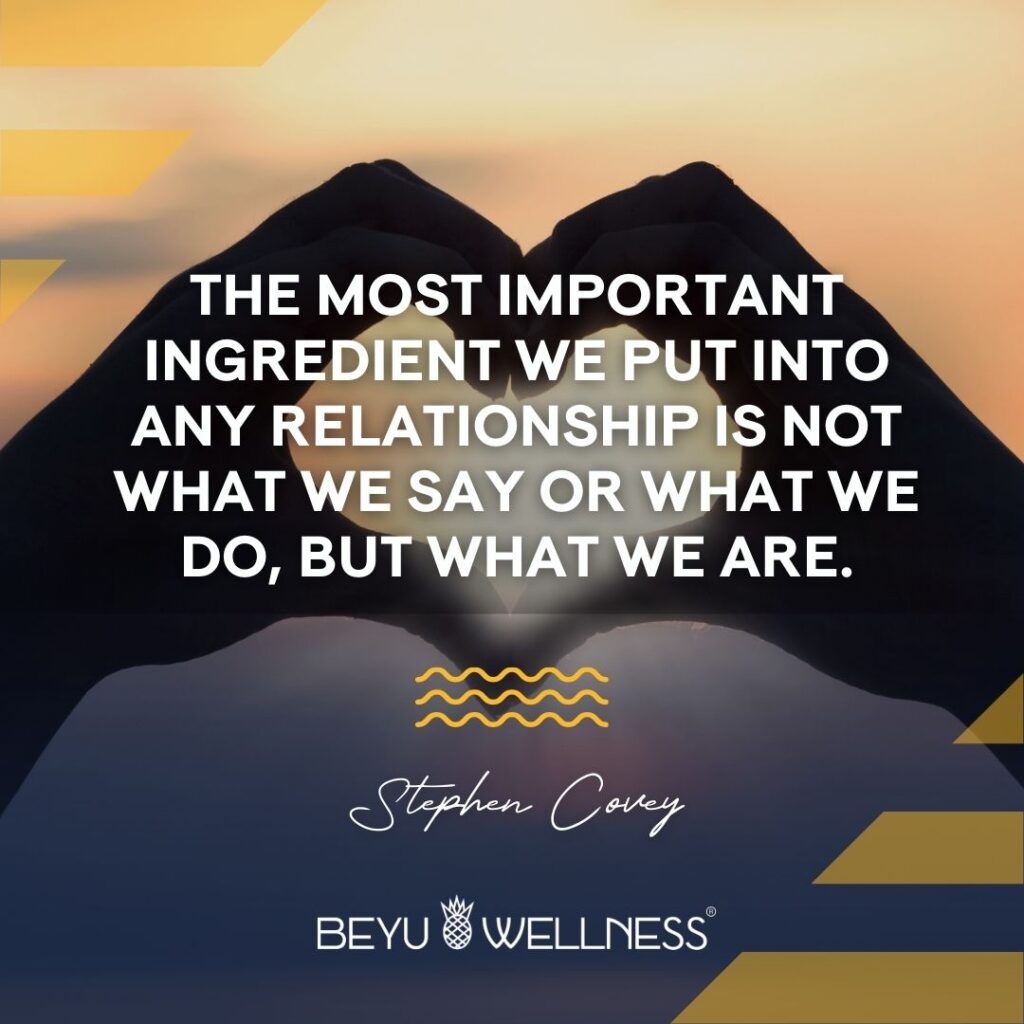
In the fast-paced world of business, where communication is key and actions speak volumes, it’s easy to overlook the profound impact of authenticity in professional relationships. We often emphasize the significance of words spoken and tasks accomplished, but the essence of who we are plays a pivotal role in shaping lasting connections.
In my 16 years of career experience, I’ve come to realize that the most important ingredient I bring to any professional relationship is not merely my skills or achievements but the authenticity of my character. It goes beyond the surface-level exchanges and delves into the core of genuine connections.
Authenticity is the bedrock of trust in professional relationships. When colleagues and clients perceive sincerity in our actions and witness consistency between our words and our true selves, trust naturally flourishes. Trust forms the basis for effective collaboration and teamwork, fostering an environment where ideas can freely flow, and innovation becomes a shared endeavor.
In my experience, authenticity has been the catalyst for building strong partnerships. It’s the authentic conversations in the hallway, the genuine interest in colleagues’ well-being, and the sincerity behind every commitment made that create a workplace culture conducive to success.
In the face of challenges and uncertainties, authenticity becomes a guiding light. Authentic leaders and team members are better equipped to handle adversity because their responses are grounded in their genuine values. When authenticity prevails, it encourages open communication about difficulties, making it easier to collectively find solutions and move forward.
As busy professionals, we often focus on honing our skills and acquiring new competencies, and while these are undeniably important, cultivating authenticity is equally crucial. When we invest in understanding and expressing our true selves, we not only enhance our individual professional brands but also contribute to the overall authenticity of the workplace.
Authenticity is particularly impactful in leadership roles. As leaders, our actions and decisions carry significant weight. When we lead with authenticity, our teams are more likely to follow suit, creating an organizational culture that values sincerity, transparency, and collaboration.
To bring authenticity into professional relationships, it’s crucial to first discover and embrace our authentic selves. Here are three tips to guide you on this journey:
Take time to reflect on your core values and beliefs. What principles guide your decisions and actions? Understanding your values provides a solid foundation for authentic behavior, aligning your professional choices with your deeply held convictions.

You’ll get access to the most effective self-discovery resource library available online consisting of personality, career, psychology tests, and more.
Authenticity often requires vulnerability and self-awareness. Be willing to acknowledge your strengths and weaknesses. Embrace vulnerability as a strength rather than a weakness, and cultivate self-awareness to understand how your actions align with your authentic self.
Authenticity is a continuous journey of self-discovery. Actively seek feedback from colleagues, friends, and mentors. Use this feedback as a tool for growth, adjusting your course as you learn more about yourself. Remember, authenticity is not a destination but a lifelong process.
In conclusion, discovering and embracing your authentic self is a transformative journey that enhances your professional relationships and contributes to a more genuine and collaborative workplace. By incorporating authenticity into your professional life, you not only build stronger connections but also inspire authenticity in those around you.
"The most important ingredient we put into any relationship is not what we say or what we do, but what we are."
Stephen Covey
No Comments